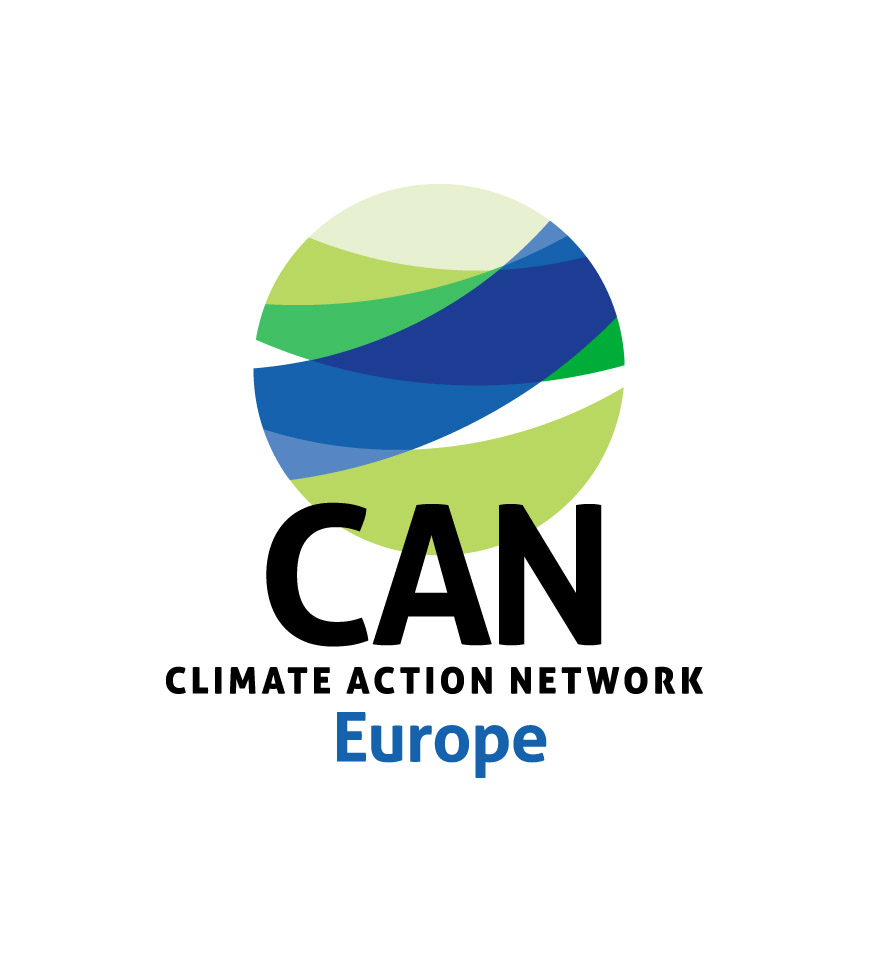
To: Ambassadors of Permanent Representatives of Member States to the EU
From: CEE Bankwatch Network, Climate Action Network (CAN) Europe, Just Finance
Subject: CSO letter in the light of Tirana EU – Western Balkans Summit
Date: 02.12.2022
Gas is not the answer to the Western Balkans’ energy crisis
We are writing to you ahead of the EU-Western Balkans Summit on 6 December to share our views on the EU’s financial support for the region’s energy sector and ask for your support in focusing the European Commission’s attention where it is really needed.
Quadruple energy crisis underlines the need for a sustainable energy transition
The current energy crisis in the Western Balkans is quite a different one to that in the EU, and needs to be tackled correspondingly. In the EU, the crisis is primarily a fossil gas crisis, with other impacts such as high electricity prices stemming from this. In the Western Balkans, we have a quadruple energy crisis, in which gas plays only a partial role.
-
Our countries trade considerable volumes of electricity with the EU, so high EU prices have a strong knock-on effect.
-
Several ageing coal plants have broken down in the last year and some of the countries have coal supply problems, increasing the need for expensive electricity imports.
-
Hydropower is increasingly vulnerable to climate change. Until recently, 2022 has been a very dry year and hydropower has been unable to fill the gaps in coal generation.
-
Firewood and pellets have become extremely expensive in the last year or so, prompting several countries to implement price caps or export bans.
Fossil gas is in relatively widespread use only in Serbia and North Macedonia, and even they are not nearly as dependent on it as most EU countries are. In Bosnia and Herzegovina it is mainly used for heating in Sarajevo, while Albania, Kosovo and Montenegro are not connected to international gas networks, as the Trans-Adriatic Pipeline runs via Albania without providing any gas.
The primary concern in most of the countries is therefore not to diversify sources of gas, but to ensure short-term electricity supply and energy savings and speed up the energy transition.
The Economic and Investment Plan – supporting transition or gas lock-in?
The European Commission’s Economic and Investment Plan can in principle make a solid contribution to speeding up the energy transition if it closely follows the aims of the Green Agenda for the Western Balkans, and the Energy Community Decarbonisation Roadmap. But the Commission must keep its eye on the goal, take a selective and targeted approach, and stop being distracted by gas.
There is no reasonable excuse to build more gas infrastructure in the region and any further EU support for gas infrastructure would create new, long-term problems by increasing the region’s gas lock-in – similar to the one the EU is currently trying to extract itself from.
The Commission and international donors often claim that such gas infrastructure could be used for renewable gas in the future, but this is completely unsupported by evidence or analysis. It is highly unlikely that renewable gas will ever be available in as large quantities as fossil gas has been, and there are likely to be technical barriers to conversion of pipelines as well.
For these reasons, the Economic and Investment Plan financing must concentrate particularly on suitably-sited solar and wind projects, geothermal where greenhouse gas emissions are low, electrification of heating and transport, and energy efficiency measures including housing retrofits and heat pumps. EU funding must support regional cooperation and integration in a long-term sustainable way, for example by reviving rail connections and enabling flexible cross-border electricity flows. Technical assistance for implementing the Energy Community’s Decarbonisation Roadmap and market opening would also be useful.
Public participation and transparency on EU funds in the region must be improved
Our concerns about EU funds being misdirected towards gas are exacerbated by the lack of transparency and public participation in the selection process of the Flagship projects under the Economic and Investment Plan, and IPA III programming overall.
For example, it was recently reported[1] that 12 investment grant applications for a total grant consideration of EUR 390 million will be submitted for endorsement by the WBIF Strategic and Operational Board on 5 December 2022. Reportedly, half of the projects are renewables, but it is unclear what the others are. The list of nominated projects has not been published and by the time they become known it will be too late to give input regarding their suitability and potential risks.
This lack of transparency looks set to be repeated in the context of the energy crisis allocations under the EU’s Energy Support package, recently announced by President von der Leyen during her tour of the region.
The first issue is that this has been presented as new money, while it is in fact a reallocation of existing IPA III funds. Thus, whatever is spent on tackling the energy crisis is money not spent on something else, and the public deserves an explanation of where funds have now been cut.
The second issue is that a total of EUR 500 million will be unlocked rapidly to address the energy crisis. But it needs to be made clearer how it is to be spent, and how it will be ensured that it supports the vulnerable, rather than just subsidising electricity prices across the board. The emphasis should be on energy efficiency measures rather than just subsidising bills. Countries need to present plans for this, and report how much has been spent and on what.
The EU can and must support the region to make use of its sustainable energy potential
We therefore ask you to communicate to the Commission and the Western Balkan governments that using EU funds to create a new lock-in into fossil gas is a waste of time and funds we cannot afford.
The Western Balkans has a unique opportunity to leapfrog straight to a diversified renewable energy sector without becoming bogged down in gas dependence or large-scale biomass use. It has particular potential in the heating sector, where large parts of the region can leapfrog straight to electrification based on efficient heat pumps. For this, it needs the EU’s support.
We thank you for your time and would be glad to discuss this issue further should you wish.



[1] WBIF, 34th WBIF Project Financiers’ Group (PFG) Meeting, 11 November 2022, 15 November 2022.
Contact:
Pippa Gallop, Southeast Europe Energy Advisor, CEE Bankwatch Network, pippa.gallop /at/ bankwatch.org
Viktor Berishaj, Western Balkans Energy and Climate Policy Coordinator, Climate Action Network (CAN) Europe, viktor.berishaj /at/ caneurope.org



